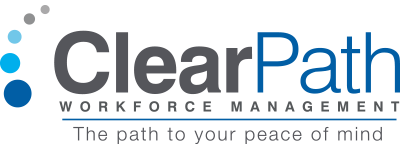What is “IC” (Independent Contractor / 1099) Misclassification?
I have written many articles and frequently speak at seminars and webinars concerning the increasingly widely-publicized legal arena known as independent contractor/1099 (“IC”) misclassification. IC misclassification is the moniker used to describe the situation when a hiring party (an individual or a business) erroneously treats a worker (an individual or a business) as an IC instead of an employee. The legal ramifications of IC misclassification are immense and include damages (e.g., unpaid wages, meal and rest period premiums, and healthcare and retirement plan/401k benefits), penalties (e.g., payroll taxes, prejudgment interest) and attorneys’ fees and costs, among other expenses.
The U.S. Department of Labor (the “DOL”) has recently attempted to educate the public about avoiding IC misclassification. These education efforts include the August 2016 issuance of a publication entitled Misclassification Mythbusters, which cites twelve “myths’ which the DOL explains are commonly cited by hiring parties and workers alike as reasons for IC classification. The DOL proceeds to correct and educate the public by providing the real “facts” concerning each of these myths. See https://www.dol.gov/whd/workers/Misclassification/myths.htm
Misclassification Mythbusters follows by just over one year the July 2015 issuance of an Interpretation by the Administrator of the DOL Wage and Hour Division dealing with IC misclassification (the “Interpretation”). https://www.dol.gov/whd/workers/misclassification/ai-2015_1.htm. The Interpretation is a much more comprehensive and, many would say, convoluted treatise covering a number of areas in addition to IC misclassification including a focus on the prevalence of “exempt” employee misclassification. The usefulness of the Interpretation as an educational tool has also been widely questioned as its content seems more appropriate for an audience of experienced employment law attorneys and scholars than the general business public. Nonetheless, the DOL’s decision to issue, within just one year, two IC misclassification-specific publications, highlights the critical import of IC misclassification in our current legal landscape. Whenever the government attempts to explain its laws, the public should be concerned. The IC misclassification legal arena provides a fitting reason to be concerned.
IC Misclassification Lesson
A fundamental lesson evident from the current IC misclassification legal arena is: proceed with utmost care before retaining any IC. Instead of following the DOL’s path of trying to understand and apply the various “myths” and “facts” surrounding IC misclassification, I suggest you accept the following assumption for any hiring decision: a worker will be considered your employee unless you can prove otherwise, not vice versa.
Start by asking yourself the following discrete questions: am I…
- hiring an outside business
- to perform a discrete, specialized task or set of tasks
- which I am not otherwise able or which may not be suitable for my existing staff to handle in-house?
If your answers to any of these three basic questions is, no, you better not choose IC classification. If your answers are primarily, yes, then you may be on the right track toward viable IC classification but you still need to consider a number of other factors before making a definitive decision.
Examining and explaining the application of the various IC/employee factors, indicia and tests which differ (sometimes widely) from agency to agency and jurisdiction to jurisdiction is outside the scope of this brief article. Suffice to say, one test definitely does not fit all. This reality, again, demonstrates the importance of consulting with trusted counsel before diving into the potential pitfalls of IC engagement and misclassification.
ClearPath has partnered with Scherer Smith & Kenny LLP since 2001. We highly recommend this firm as they are easy to work with and very responsive. If you have any legal questions, you can contact Denis Kenny at dsk@sfcounsel.com.
For all other questions about assessing your workforce or conducting a review of your current hiring processes, the ClearPath team can assist you.
Have a fantastic day.
- Written by: Connie Wendt
- Posted on: April 21, 2017
- Tags: 1099 Worker Classification, Myths around worker classification, W-2 Worker Classification, Workforce Classification

